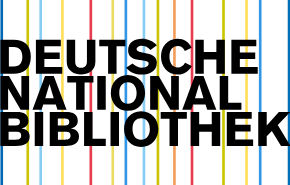OSCAR WILDE AND THE EVOLUTION OF ENGLISH LANGUAGE STYLE IN LITERATURE
DOI:
https://doi.org/10.55640/Keywords:
xAbstract
Oscar Wilde’s literary works have significantly influenced the stylistic evolution of the English language in literature. His mastery of wit, irony, and paradox set a new standard for eloquence and sophistication in writing. This paper explores Wilde’s impact on English literary style, particularly in drama and prose, by analyzing his use of language, rhetorical devices, and innovative narrative techniques. Additionally, the paper examines how Wilde’s stylistic legacy continues to shape modern English literature.
Downloads
References
1.Wilde, O. (1890). The Picture of Dorian Gray.
2.Wilde, O. (1895). The Importance of Being Earnest.
3.Ellmann, R. (1987). Oscar Wilde. Knopf Publishing.
4.Woolf, V. (1925). Mrs. Dalloway.
Downloads
Published
Issue
Section
License

This work is licensed under a Creative Commons Attribution 4.0 International License.
Authors retain the copyright of their manuscripts, and all Open Access articles are disseminated under the terms of the Creative Commons Attribution License 4.0 (CC-BY), which licenses unrestricted use, distribution, and reproduction in any medium, provided that the original work is appropriately cited. The use of general descriptive names, trade names, trademarks, and so forth in this publication, even if not specifically identified, does not imply that these names are not protected by the relevant laws and regulations.






 Germany
Germany United States of America
United States of America Italy
Italy United Kingdom
United Kingdom France
France Canada
Canada Uzbekistan
Uzbekistan Japan
Japan Republic of Korea
Republic of Korea Australia
Australia Spain
Spain Switzerland
Switzerland Sweden
Sweden Netherlands
Netherlands China
China India
India
